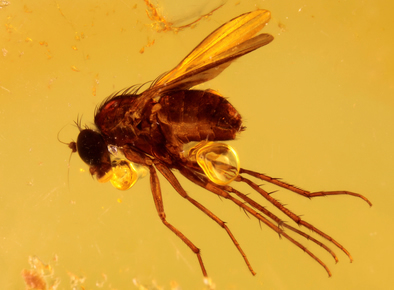It is common for people to say that we should not eat too much sugar, as this can lead to diabetes, right? However, diabetes is a disease triggered by several factors, and this statement is not 100% true.
First of all, we must remember that diabetes is a disease caused by deficient production of insulin or our body's inability to use this substance properly. Insulin is a hormone that controls the amount of sugars in the blood, capturing this substance and facilitating its entry into the cell. When a person has diabetes, blood sugar levels become elevated (hyperglycemia) because the insulin is not working properly.
There are two basic types of diabetes: type I and type II. Type I is characterized by the destruction of cells in the pancreas responsible for insulin production. This destruction is caused by the immune system of the individual. Type 2, in turn, occurs when the body does not use insulin properly or the hormone is not being produced in sufficient quantity.
We can therefore see that
type I is not related to the amount of sugar consumed by the patient, but rather to genetic problems that affect the immune system. Type II, on the other hand, has different causes, being sedentary, genetics and excessive weight gain, possible factors that promote the development of diabetes.Weight gain is directly related to our diet. Therefore, eating too much sugar can cause weight gain and, consequently, the development of diabetes. However, getting fat is not just a problem for those who eat sugar. Pasta and carbohydrate-rich foods can also lead to weight gain and are also responsible for the disease.
It is worth noting that excess sugar can also overload the pancreas, which cannot produce enough insulin to lower glucose levels. This overload can also trigger type 2 diabetes.
Thus, type II diabetes may be related to excess sugar consumed, but it is triggered by a combination of factors. To avoid this disease, it is essential that people practice physical activity, eat properly and maintain proper weight. It is also worth noting that genetic factors are associated with the problem and that a person obesedoes not always develop the disease.
Remember: Healthy habits can prevent a great deal of disease. Beware!



